from:
Ferdinand von Richthofen's contribution to Chinese geology and geoscience
Dieter Jäkel (University of Berlin)
In Quaternary Sciences July 2005
L'auteur reprend de larges extraits de l'oeuvre écrite du savant et nous proposons ici les pages où il parle de Paul Splingaerd
essentiellement page 417
From his second journey on wards he was accompanied by a Belgian, Paul Splingaert employed because he spoke Chinese. As he was later decried as a criminal [see] Säblein (1983, p94, quoting Drygalski 1906 p7) wrote dat ” Richthofen undertook his Chinese travels mostly with the help of a ’dutchman’ named Paul Splingaert wanted for murder”—we quote von Richthofen himself from his diaries in order to do justice to this person: “The major acquisition as to personnel was that of an interpreter an Belgian named Paul Splingaert. Three years before, he had came to the country in the service of the Catholic mission set up by papal order in
Having left the Mongolian mission, he entered the service of the German legation in Peking as a constable, and in this position recently he had to escort and protect a money transport from Tientsin to
| Cette version du meutre du Russe me paraît la plus vraisemblable. En effet, il faut savoir qu'il existe de très nombreuses versions, y compris (coming soon), celle de Madeleine Splingaerd qui relate les évènements de telle manière que l'on puisse croire qu'il s'agit d'un véritable assassinat. Je dis la plus vraisemblable parce qu'il s'agit probablement de la version princeps des évènements tels qu'ils furent confiés à Richthofen par Paul Splingaerd lui-même, sans intermédiaire. En effet, il ne faut pas oublier que Richthofen, avec Catherine, fut le personnage qui vécu le plus longtemps et le plus intimement avec Splingaerd, soit pendant plus de trois ans: avec lui, il mangeait, il dormait, il se lavait, il voyageait, il travaillait et ils étaient ensemble lors des veillées innombrables où l'on se raconte des histoires, à cette époque. Le savant a donc eu tout le loisir de parler longement de cette affaire avec son serviteur et compagnon, qui lui aura donné sa version, de vive voix. | This version of the murder of Russian seems most likely. Indeed, we must know that there are many versions, including (coming soon), that of Madeleine Splingaerd which recounts the events so that we might believe it is a real murder . I say most likely because he is probably the originator version of events as they were entrusted to Richthofen by Paul Splingaerd himself, without any intermediary. Indeed, we must not forget that Richthofen, with Catherine, was the man who lived the longest and most intimately with Splingaerd or for more than three years with him, he ate, he slept, he washed, he traveling, he worked and they were together at countless evenings where we tell stories, at that time. The scientist has had ample opportunity to speak throughout this affair with his servant and companion, who has given his version aloud.
|
|---|
To read other version, clic here --> ![]()
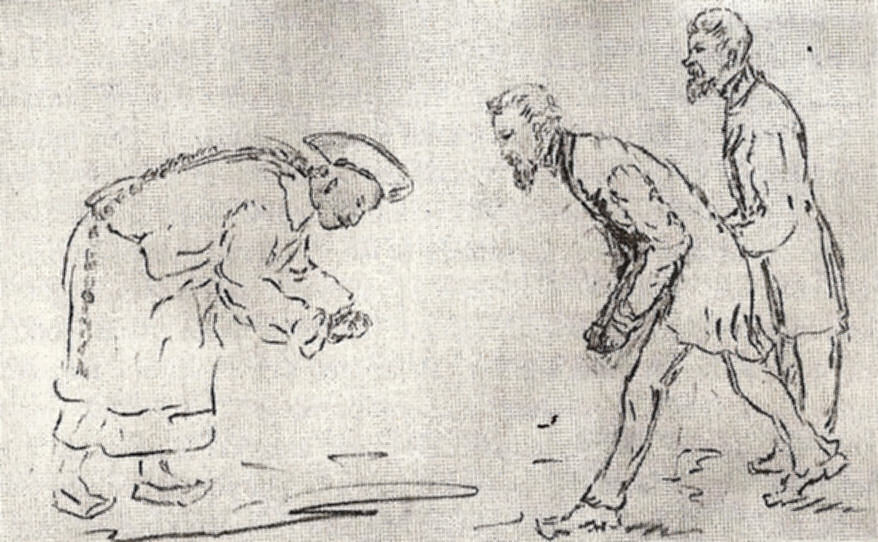
On this picture, we can see Richthofen and behind, Splingaerd
In von Richthofen’s diaries, PauI Splingaert is described as a serious diplomatic and cheerful companion who also in difficult situations, as during negotiations with his Chinese travel companions or when a crowd of curious people had assembled around them, had acted in a calm and conciliatory manner. To understand how successful he was it should be recalled that they often were the first Europeans to enter remote parts of
Von Richthofen separated from him in
Splingaert soon after entered the Chinese public service, where he brought it to the rank of a high mandarin. He married a Chinese woman, with whom he had 12 children. On the occasion of von Richthofen’s 70th birthday he sent a picture of him and his family together with his letter of congratulation. In this letter he expressed his faithfulness by assuring that he had educated all his children along the principles he had learned from von Richthofen during these travels.
Having served in various offices in
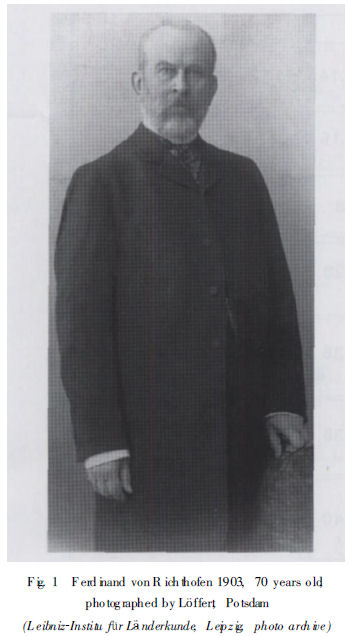
Enfin, nous ne saurions terminer cette page sans citer un autre auteur qui a également l'occasion de parler de Paul Splingaerd:
Richthofen's 'Silkroad' ; Toward the Archaeology of a Concept by Daniel C Waugh, University of Washington (Seattle), 2010:
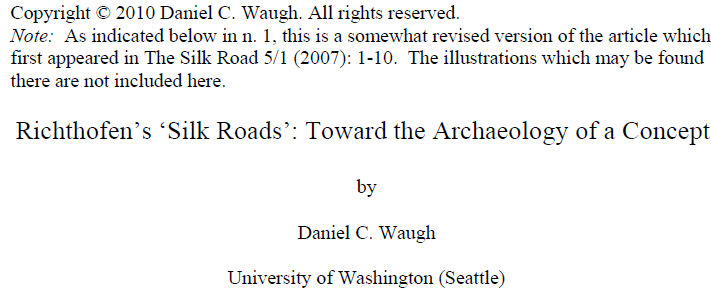
Sans le footnote 9 page 4, l'auteur dit que Richthofen et Stein ont utilisé Splingaerd comme traducteur et que Richthofen l'avait également recommandé à l'explorateur Hedin, mais cela n'a pas été réalisé.
Il signale également que si Splingaerd n'était pas intervenu lors de la découverte des manuscrits de Dunhuang, Aurel Stein n'aurait peut-être pas pillé aussi tragiquement le site.
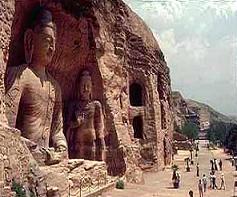
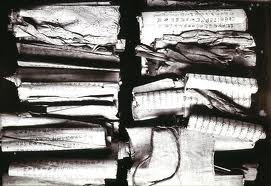
groupe de manuscrits de Dunhuang

Steve Hedin
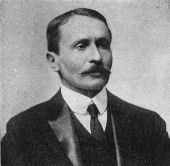
Sir Aurel Stein